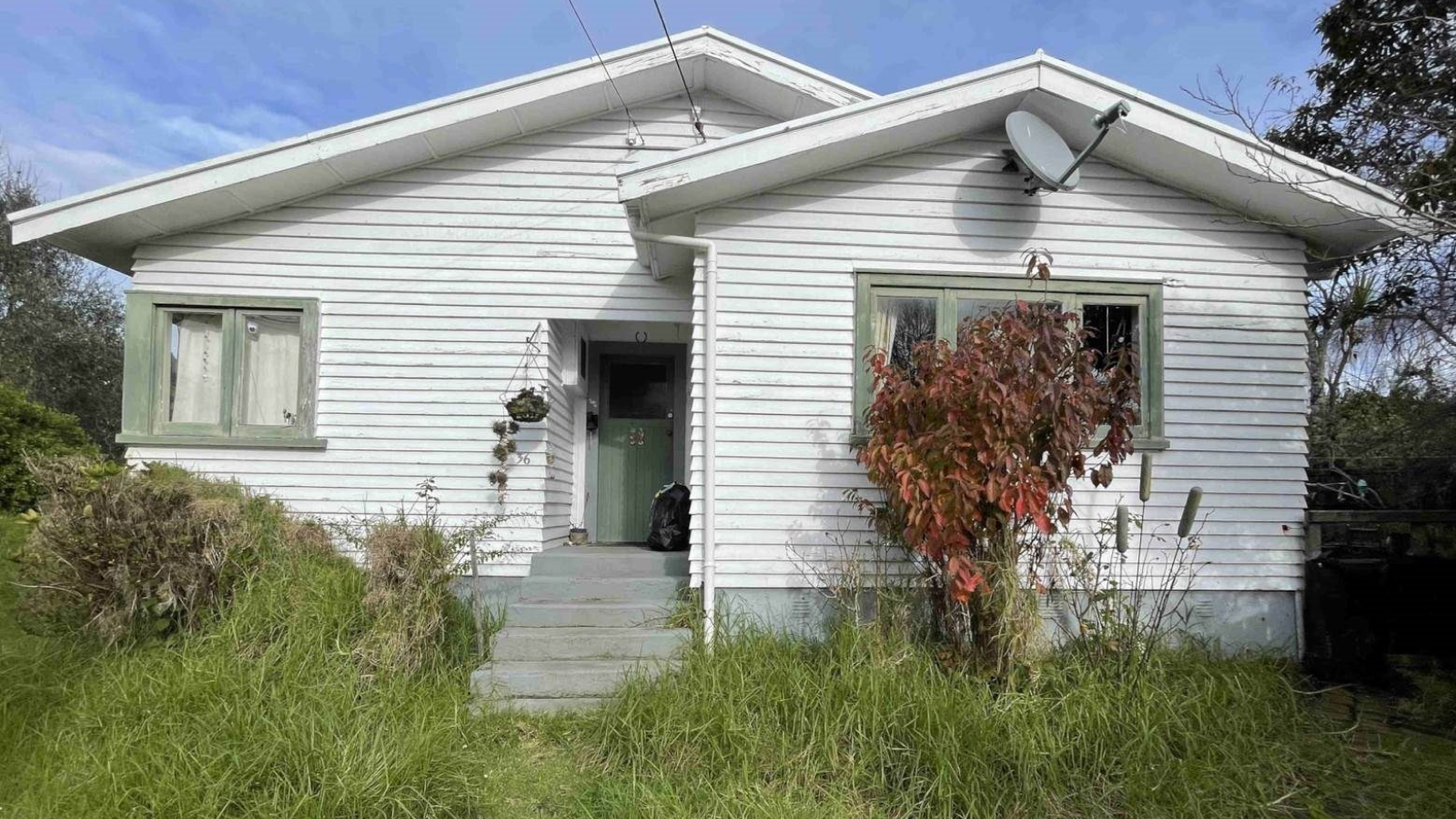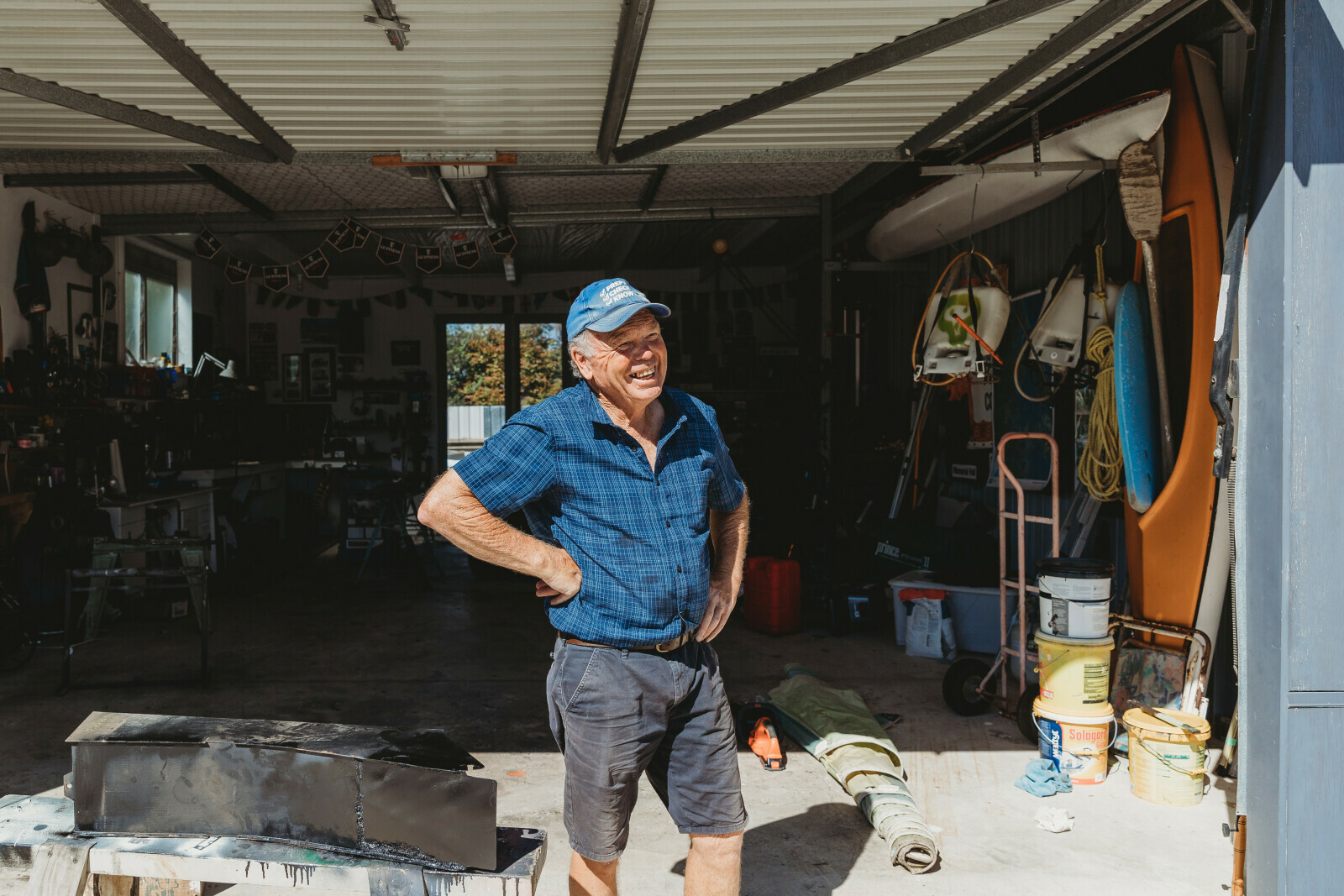Buying guide
Guide: Buying a mortgagee sale
Experts give the details on buying a mortgagee sale.

What you’ll learn:
26 Sylvania Crescent, Lynfield, Auckland City, Auckland
What to expect in a mortgagee sale
What a property lawyer says
36 Withers Road, Glen Eden, Waitakere City, Auckland
What leading mortgagee sale agent says
What a mortgage adviser says
Author
Search
Other articles you might like








